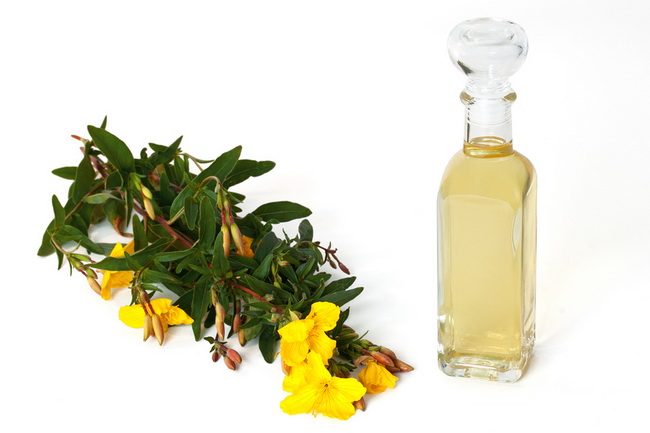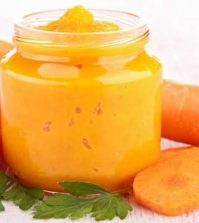- Make It Yourself Lavender Heart-Shaped Bath Bombs!
- 20 Things You Never Knew About “Down There”
- 12 Best Foods For Those Suffering From Arthritis Pain
- 12 Personal Hygiene Mistakes Almost Everyone Makes (Mom Never Told You About #4!)
- 15 Medicinal Plants And Herbs From The Cherokee People
- 12 Mind-Blowing Benefits Of Drinking Coconut Water During Pregnancy
- 12 Outstanding Winter Foods That Won’t Fatten You Up Like A Christmas Turkey
15 of the Best Herbs Ever for Eczema Relief

Photo credit: bigstock.com
6. Evening Primrose Oil
As far back as 1989, evening primrose oil has shown to be effective in alleviating the symptoms of eczema. In a meta-analysis of randomized, double blind, placebo-controlled trials showed that this oil had significant effects for those who suffer from this skin disorder. In a recent testing and re-analysis of more than 25 clinical studies that included more than 1200 patients confirmed again that this herb had very beneficial effects on the crusting, itching, edema, and redness.
All subjects showed improvement within 4 to 8 weeks after treatment. Try applying ointments that contain primrose oil, or squeeze out the oil from primrose capsules, and apply it liberally to the affected areas throughout the day, before going to bed, and after bathing.
7. Chamomile
German chamomile is perhaps one of the most overlooked herbs for relief from eczema. Back in the early 1980’s, a survey of 2,500 doctors who prescribed a chamomile based cream for their patients with eczema reported that 95 percent of those patients had good results and all of them tolerated the cream well with no side effects noted. Chamomile decreased inflammation levels, which led to reduction in the level of topical steroids that were needed to control symptoms.
Another study involved 161 patients who had eczema on their forearms, hands, and lower legs. Researchers studied the effects of a chamomile based cream versus other steroidal and non-steroidal skin products over a period of 4 weeks. Chamomile showed that it offered similar results as hydrocortisone. In fact, chamomile cream worked far better than the non-steroidal anti-inflammatory cream or the steroid preparation.
8. Centella
Centella asiatica is an important medicinal herb that is sometimes referred to as “the herbal cure-all.” Various clinical trials showed that this plant not only heals wounds, but that it can treat various other skin problems such as varicose ulcers, psoriasis, leprosy, and eczema. The saponins and triterpenoids in centella are the active ingredients that have an almost miraculous effect on those with skin problems.
9. Jewel Weed
Sometimes called lady’s slipper, spotted touch me not, or lady’s eardrops, the juice of the jewel weed is often used in the treatment of different kinds of skin problems such as ringworm, athlete’s foot, poison ivy, and eczema. Crush the leaves of this plant and apply them to the affected area to stop the itching that eczema sufferers deal with.
10. Licorice Root
The extract from the roots of the licorice plant have been known for quite some time as an effective means of fighting eczema. Some studies have shown that a topical application of licorice extract on skin problems such as eczema, cysts, and pruritus have reduced itching, edema, and erythema after only 2 weeks.
Continue to Page 3
































